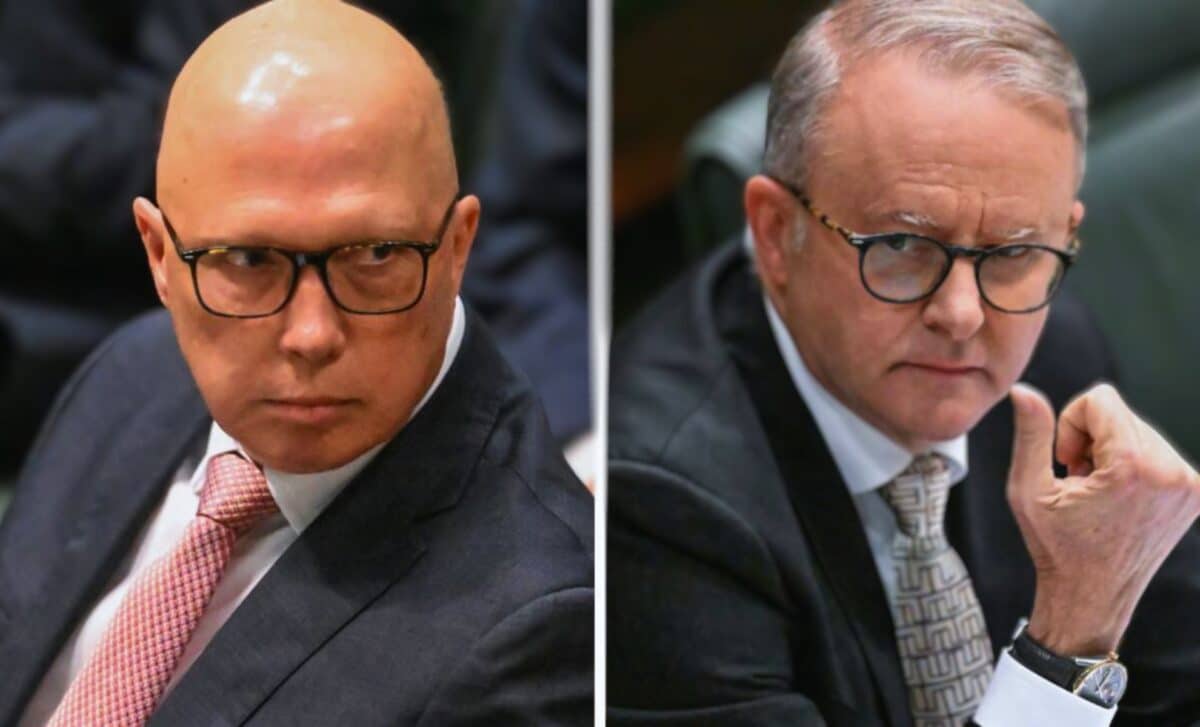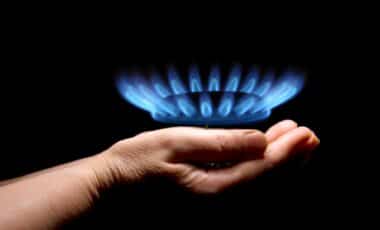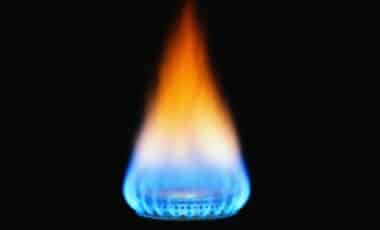Households may face a prolonged wait before seeing any significant reduction in energy bills under the Coalition’s newly unveiled gas plan. The model, which aims to reserve gas for the domestic market, forecasts only modest savings, with the impact expected to materialise over the course of a year.
The plan, revealed by Opposition Leader Peter Dutton on Tuesday, suggests that Australians will experience a reduction of around 7% in gas prices and 3% for electricity bills. However, the timing of these reductions is uncertain, with the full effects not expected to be felt until the end of 2025.
According to Coalition energy spokesman Ted O’Brien, the policy’s success is contingent on both legislative approval and the gradual filtering of reduced gas prices into existing contracts.
Coalition’s Proposed Gas Reservation Model
The main tenet of the Coalition’s energy plan is the creation of a domestic gas reserve, intended to stabilise gas prices and reduce costs for Australian households. However, despite the optimism surrounding the model, O’Brien acknowledged that it will take time for the policy to translate into real savings.
He explained on ABC Radio that wholesale gas prices should begin to fall by the end of this year, but the flow-through effects to households and industries would take up to 12 months to materialise fully.
Industrial customers, who stand to benefit more substantially from the policy, could see a 15% reduction in gas bills, alongside an 8% decrease in wholesale electricity prices. While the savings for households are more modest, they still represent a significant promise to Australian voters grappling with rising energy costs.
However, the plan’s success is dependent on passing the necessary legislation, which would ensure that the domestic gas reserve is established should the Coalition win the May 3 federal election.
Political Reactions and Debate
The announcement of the gas plan comes amid a charged political climate, as the first leaders’ debate of the election cycle took place earlier this week. The debate saw Dutton and Prime Minister Anthony Albanese face off over their respective energy policies.
Dutton has repeatedly criticised Labor’s energy modelling, which promised a $275 reduction in energy bills for households.
The Coalition’s own gas plan has faced scepticism, particularly from Labor campaign spokesman Jason Clare, who dismissed the policy as little more than “snake oil.”
Despite this, cost-of-living issues, including energy prices, continue to be at the forefront of the election campaign. Both major parties are under pressure to offer viable solutions to the public’s mounting financial concerns, particularly as rising petrol and grocery prices further strain household budgets.









